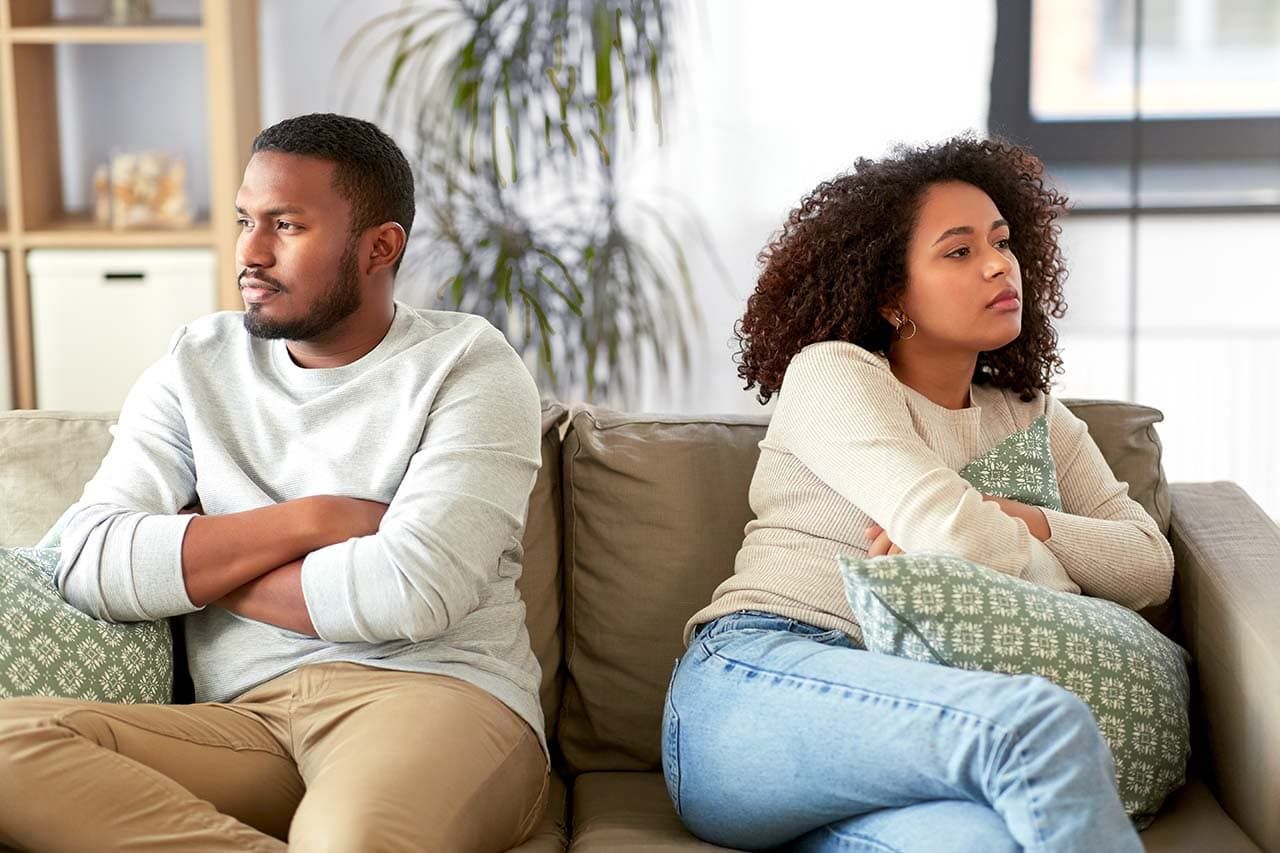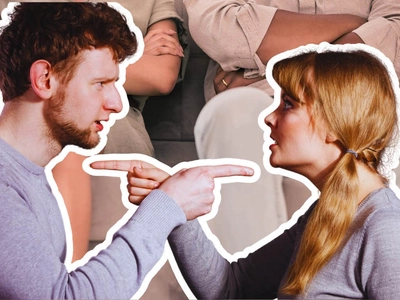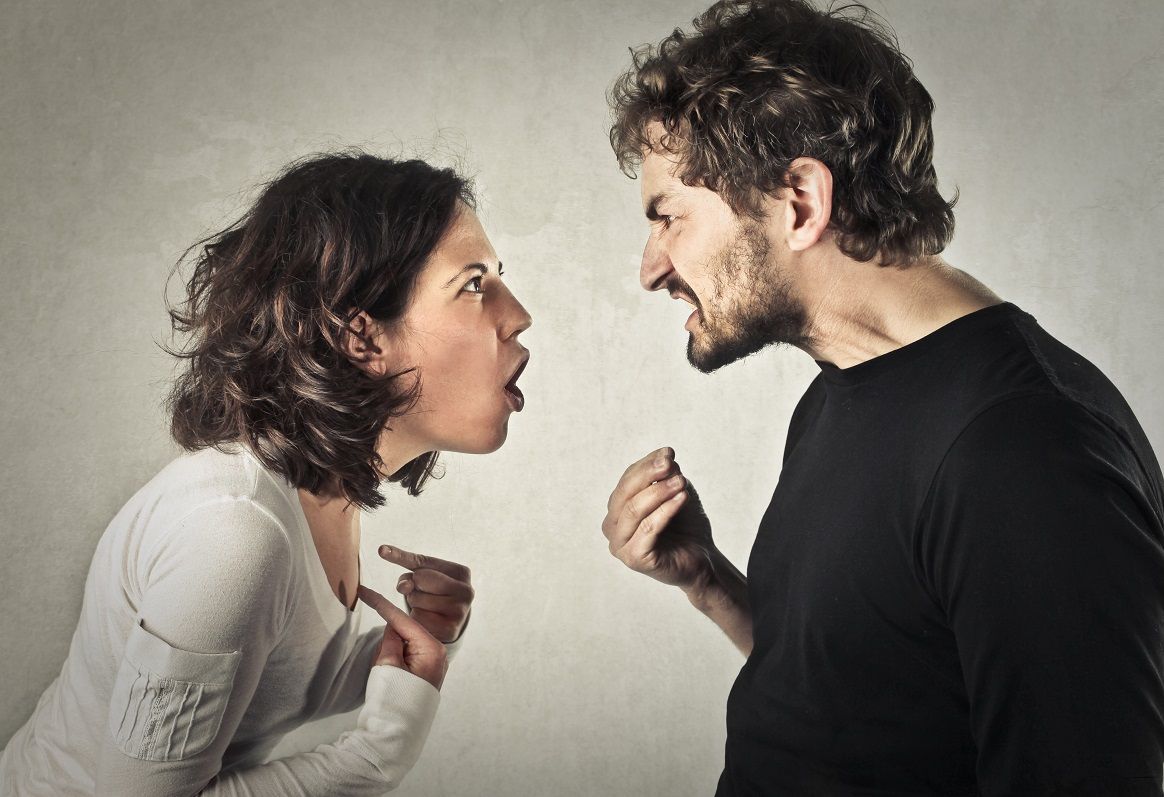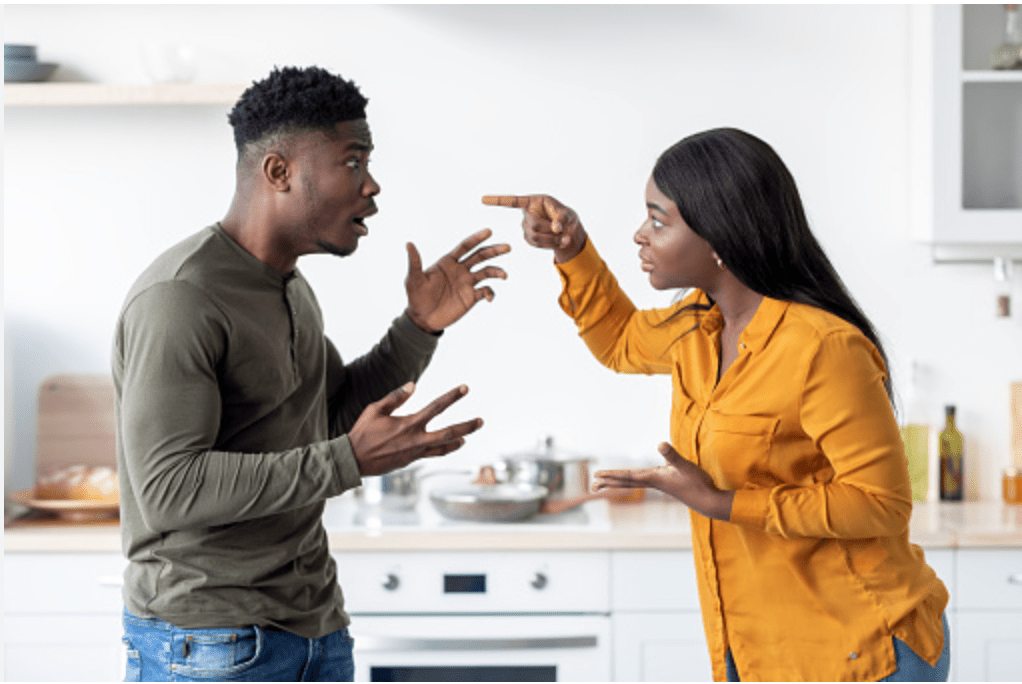Why The Strongest Friendships Are Built On Shared Hate, Not Love
Forget everything you think you know about building strong friendships. While Instagram quotes preach about "surrounding yourself with positive vibes only" and self-help gurus push toxic positivity, science has uncovered a controversial truth: The strongest friendships aren't built on shared love—they're forged through shared hatred.
A groundbreaking study published in Personality and Social Psychology Bulletin by researchers Jennifer Bosson and colleagues has shattered the feel-good narrative we've been fed about relationships. Their research reveals that bonding over shared dislikes—especially of people or ideas—creates deeper, more authentic connections than bonding over mutual interests.
Why Hating Together Makes Us Closer

Think about your closest friend right now. What brought you together? Was it your mutual love of yoga and green smoothies? Or was it that moment when you both looked at the same person and thought, "God, they're annoying"?
If you're being honest, it was probably the latter.
The researchers discovered something that challenges everything we've been taught about "positive relationships." When strangers were asked to discuss someone they both disliked versus someone they both liked, those who bonded over shared negative attitudes felt significantly closer afterward. They reported feeling more "in sync" and experienced what psychologists call "interpersonal chemistry."
Here's the kicker: People were twice as likely to remember discovering shared dislikes with their best friends compared to shared likes when recalling how their closest relationships began.
The Evolutionary Psychology Behind Our "Hater" Bonds
Before you feel guilty about this revelation, understand that this isn't a character flaw—it's hardwired into our DNA. From an evolutionary perspective, identifying shared enemies was literally a matter of survival. Those who could quickly identify allies against common threats lived longer and passed on their genes.
This "negative social bonding" serves multiple psychological functions that positive bonding simply can't match:
Instant Trust Building: When someone shares your negative opinion, especially about another person, it signals they're not just telling you what you want to hear. There's an inherent authenticity in shared criticism that shared praise lacks.
Tribal Identity Formation: Nothing defines a group faster than identifying what they stand against. Sports teams know this—half their identity comes from rivaling other teams, not just loving their own.
Emotional Vulnerability: Expressing dislike requires revealing judgment and personal values, which creates deeper intimacy than surface-level positive sharing.
Why "Good Vibes Only" Friendships Are Actually Shallow
The modern obsession with positivity has created a generation of superficial relationships. When we're only allowed to share good news, celebrate wins, and maintain perpetual optimism, we're essentially performing friendship rather than living it.
Real intimacy requires the full spectrum of human experience—including frustration, disappointment, and yes, even shared judgments about others. When friends can only connect over positive experiences, they're missing the raw authenticity that comes from saying, "This person/situation/thing drives me absolutely insane, and I need someone who gets it."
The research backs this up: Relationships built primarily on positive interactions tend to be more fragile and less enduring than those that include healthy doses of shared negative experiences.
The Three Types of "Hater Bonds" That Create Unbreakable Friendships
1. The Common Enemy Bond
Two people who can't stand the same individual often form instant alliances. This isn't necessarily about being mean—it's about shared values manifesting through mutual judgment.
2. The Shared Frustration Bond
Bonding over terrible bosses, annoying neighbors, or societal issues creates a sense of "us against the world" that positive experiences rarely match.
3. The Taste-Based Judgment Bond
Mutually hating the same movies, music, or trends signals deeper compatibility in values and worldview than simply liking the same things.
But Here's the Controversial Part...
This research doesn't give you a free pass to be a toxic gossip or build relationships solely on negativity. The strongest friendships actually combine both: they start with shared negative attitudes that create initial bonding, then develop into relationships that can handle the full range of human experience.
The key insight: Authentic relationships require the freedom to express negative emotions and judgments without fear of being labeled "toxic" or "negative." When we can share our frustrations, dislikes, and criticisms with someone—and they respond with understanding rather than invalidation—we've found real connection.
The Bottom Line
Your strongest friendships probably didn't start with a beautiful moment of shared inspiration. They started with someone rolling their eyes at the same thing that annoyed you, complaining about the same frustrations you felt, or expressing the same unpopular opinion you secretly held.
And that's not something to be ashamed of—it's something to celebrate.
Because in a world full of fake positivity and superficial connections, finding someone who shares your genuine reactions—even the negative ones—is rare and precious. These are the people who won't try to fix your bad mood or tell you to "look on the bright side" when you need to vent. They're the ones who will sit with you in your frustration and say, "Yeah, that really sucks."
That's not negativity. That's authentic human connection.
So the next time someone tells you that "good vibes only" relationships are healthiest, you can share this research with them. Then watch them realize that their own closest friendships probably started with a mutual eye-roll or shared complaint.
After all, there's nothing quite like bonding over how wrong everyone else is about friendship.







